#learn language
Are you Chinese learner? Have you started reading books in Chinese? Or reading for a long time and what to share how awesome you are? 呵呵
I created this hashtag to inspire, to motivate and create a community full of people that read books in Chinese! We can talk about them, share info where we buy them, share reviews and… what are you waiting for? ADD a pic and TAG #omgireadinchinese and me! ❤️
我们一起加油!
Post link


Spring vibe and Chinese
I need some motivation
Every language has its own unique words created by cultural norms and even slang! Here are 10 Korean words cannot be translated to the English language.
1 띠동갑 Ttee-dong-kap
Relating to the Chinese zodiac, this term describes someone of the same Zodiac sign as you. For example, someone born in 1993 (the Year of the Rooster) would have the same “ttee-dong-gap” as someone who were all born in 1981, another Year of the Rooster.
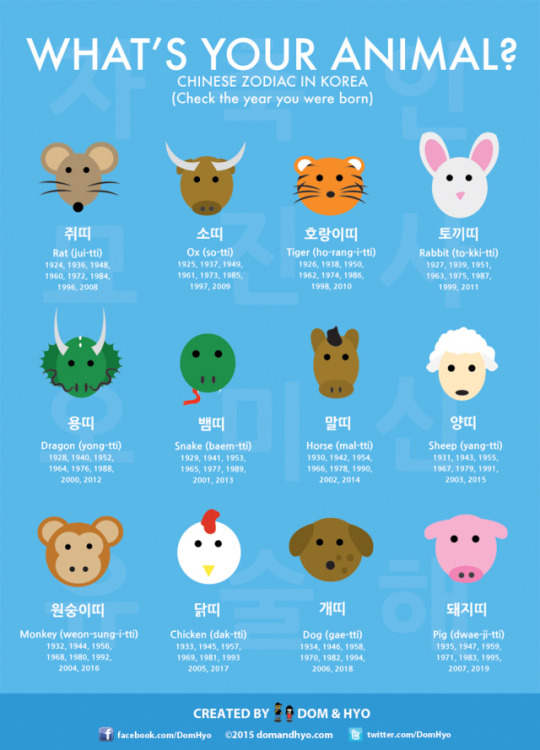
2 촌/촌수 Chon/Chonsu
One of the most cherished elements of the Korean culture are family ties. These ties can literally be measured by “chon/chonsu,” which are basically a way of numerically measuring out these family ties. For example, the three ties between you and your uncle are you -> your parents -> your uncle. Thus, there are 3 “chons” between you and your uncle, so you will call your uncle as 삼촌(three chon).
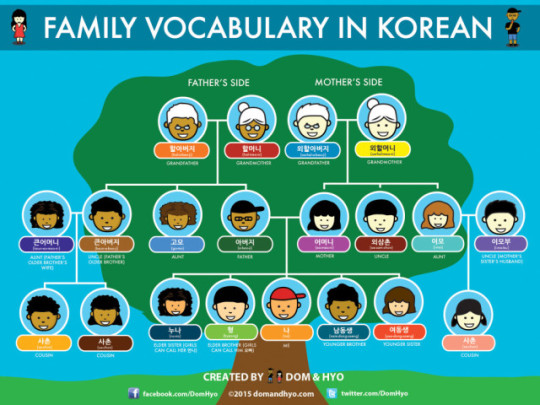
3 한 Han
A cultural and historical concept that is often touted to be unique to Korea, “han” is the collective feeling of sadness and oppression. This is a cultural notion that can be attributed to Korea’s long history of attacks and invasions from other countries.

4 내숭 Nae-soong
You may have experienced quite a few “nae-soongs” before. This term basically means someone “fake,” often describing a girl who acts in a cutesy or “likeable” away around others, especially guys, then reverts back to her normal self when they’re not around.
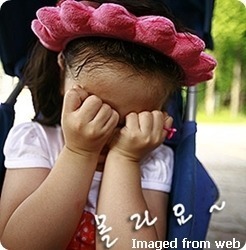
5 얄미워 Yal-mi-wuh
This statement goes a step beyond the statement “I hate you” and is reserved for someone or something you truly detest or find irritating. For example, someone might complain about not being able to gain weight while you’re on a diet and you’d go, “You’re so yal-mi-wuh.”

6 눈치 Noon-chi
“Noon-chi” is the art of listening and staying in tune to someone else’s feelings, thoughts, and emotions to properly gauge and react to a situation. It takes a great deal of cunningness and people smarts to successfully do this. When people say you don’t have “noon-chi,” it usually means you lack tact or observational skills.

7 느끼하다 Neuk-kki-ha-da
This is an adjective that can describe food or people but has a slightly different meaning for both. When used to describe food, it’s describing a feeling and texture that’s greasy and oily, a taste you get sick of after while. However, when used for people, it almost means that they are “cheesy” or “sappy.”

8 훈남 & 훈녀 Hoon-nam & Hoon-nyeo
“Hoon-nam” describes a man that’s both physically and innerly attractive (a.k.a the perfect man). For example, he may be a handsome hard-worker with a sweet and honest personality. The female equivalent of this term is “hoon-nyeo.”

9 삐쳤어 Bbi-jeos-suh
This is the ultimate form of salty, almost childish sulking salty. Perfect for describing your mood when your parents don’t let you go to that K-pop concert on Friday night.
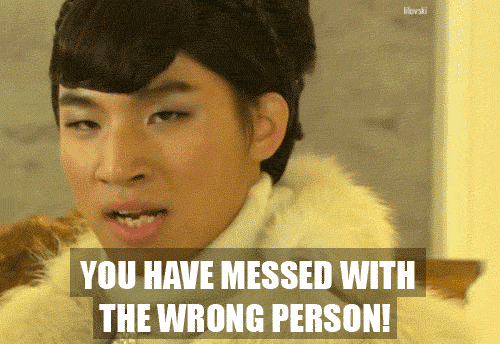
10 재수없어 Jaesu upseo
재수 means luck, fortune. Saying someone has no 재수 doesn’t mean that person is unlucky (not in this context), it means interacting with that person is unpleasant to the point where it is comparable to stepping on a dog poop or getting splashed by a car.It can basically be translated to ‘it sucks’, but in some situations,it also means 'What an asshole’.

Facebook:HelloTalk
Twitter:HelloTalkApp
Website:www.HelloTalk.com


Note: Hello, language learners! Just want to first apologize for a very late post! A lot has been going on since my move from China and it has been a doozy. Excuses aside, here is a fresh of the press post for your language learning needs.
Grammar Is a Nightmare
Grammar is always a nightmare for language learners. It doesn’t matter what language you’re learning, grammar is simply not always a basket of roses. It’s actually never a bucket of roses and the sooner you accept that,the better whole language learning process will go. Why is grammar such a nightmare for those of you who are bright eyed bushy tailed and new to language learning? Here’s a list:
- Because there are ‘rules’ to grammar, but there are ALWAYS exceptions.
- Sometimes the grammar itself makes no sense at all when explained in your native language
- You often forget them right after
- They may have specific usages that you must know of in order to avoid sounding like a plebe
- There are a million and get more and more complex as you progress
What Is Grammar
Stop your scrolling! This is important!! I’m not going to explain the complex intricacies of the concept of grammar or even try to simplify it because if you speak a language, any language, you know what grammar is. HOWEVER, it is important to remember as you study grammar is that it is the written expression of how a group of people understand and synthesize the world around them. It is also how you learn more about the culture of the language you are learning. So take care to learn grammar thoroughly.
So how do you get through this total nightmare with your sanity intact? Fortunately for you, I’ve been studying languages for ten years and can tell you EXACTLY what to do. So before you resume or begin studying, here is my recommended step by step guide to studying grammar.

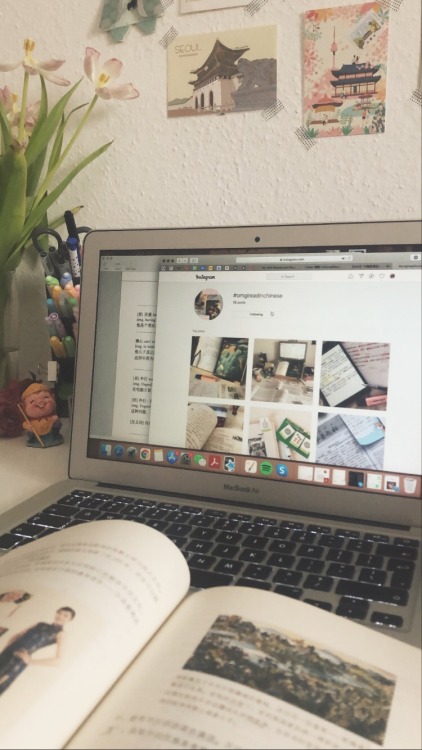

![[VIDEO] Study with me (click) [VIDEO] Study with me (click)](https://64.media.tumblr.com/d1152d3ef13dab113ef98eaa46ae6b3a/7465a77f2ce48447-4b/s500x750/c64b1efb43ae0cfe57c3edb5f9d71dcf66a2f8fb.jpg)